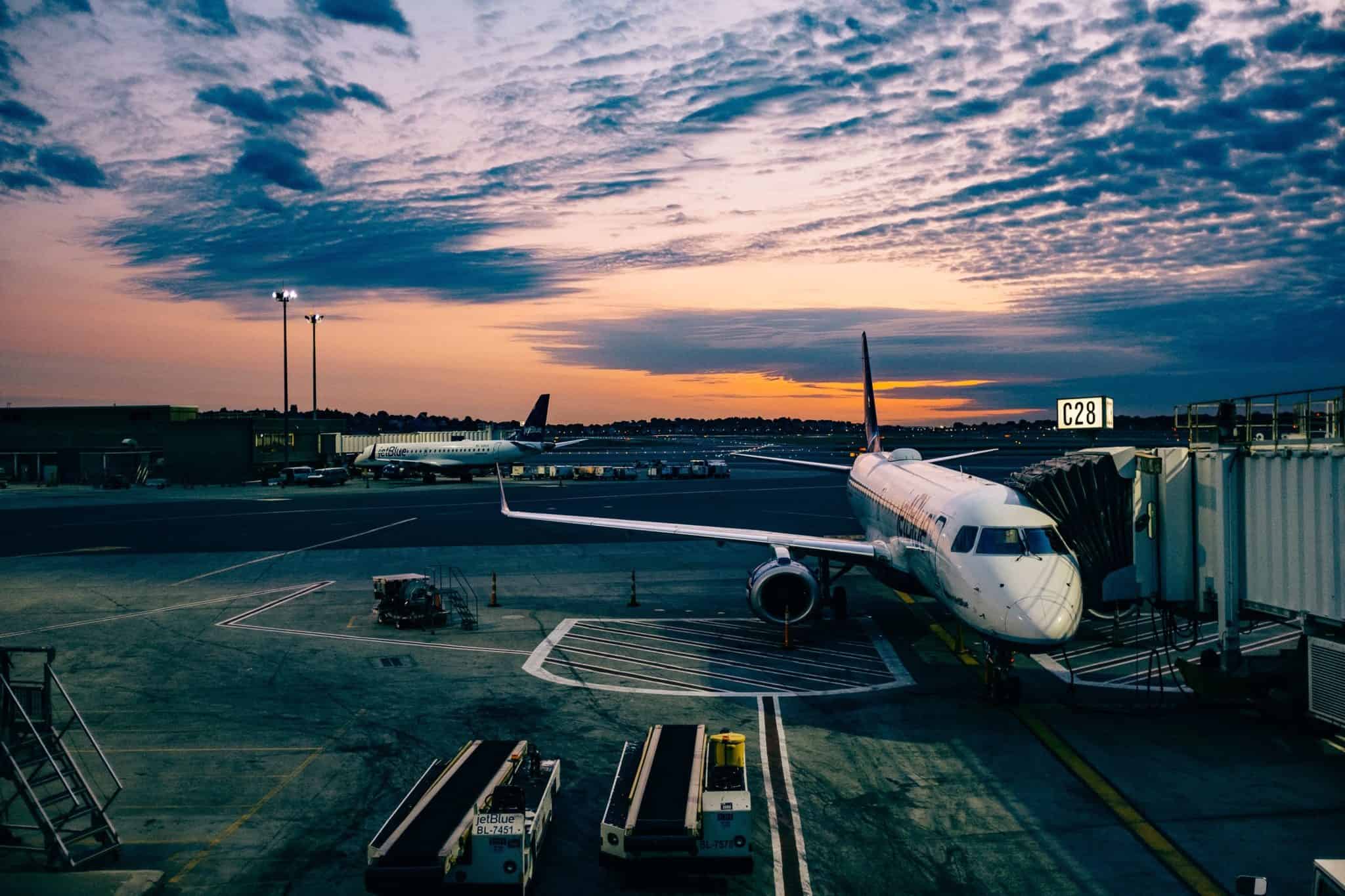
Sunah Chang is a student at Harvard Law School.
In today’s news and commentary: Volkswagen reveals plans to shut down multiple factories in Germany, the Fifth Circuit allows the pilots union’s lawsuit against Southwest Airlines to proceed, and USA Today features the role of union workers in the upcoming presidential election.
Volkswagen has announced plans to shut down at least three factories in Germany and lay off thousands of German auto workers. The company also plans to reduce pay across the board by 10% and freeze wages in 2025 and 2026. The widespread layoffs and pay cuts come as an attempt to alleviate the financial woes of the company, which has faced weak sales and a shaky transition to electric vehicles. If the company carries out its plan of shutting down the factories, it would mark the first time that Volkswagen has closed a German factory during the company’s 87-year history.
Workers have mobilized to express their opposition to the company’s plans. Daniela Cavallo, who leads the works council representing the company’s employees in Germany, warned that the company’s restructuring plan was a “starvation, a weakening in installments” for workers. The announcement also comes in the midst of the company’s ongoing wage negotiations with the IG Metall union, a union that represents most of Volkswagen’s German workers. Thorsten Gröger, lead negotiator of the union, stated that Volkswagen’s restructuring plans “stab in the heart of the hard working VW workforce.”
In the United States, the Fifth Circuit ruled in a 3-0 decision that Southwest Airlines cannot dismiss a lawsuit alleging that the airline illegally intimidated and disciplined workers participating in the pilots union. In September of 2023, the federal district court in Dallas dismissed the case, holding that the issue reflected a minor dispute under the Railway Labor Act and thus belonged in arbitration. While the Fifth Circuit agreed that the pleaded facts conveyed a minor dispute, it found that the facts fell under the “animus exception” of the Act, which allows federal courts to retain jurisdiction to resolve minor disputes if a carrier’s actions were taken with anti-union animus “for the purpose of weakening or destroying the union.” Finding that the union had sufficiently pleaded facts to support its claim that Southwest intended to “weaken” or “destroy” the “operational capacity of the Union,” the Fifth Circuit reversed and remanded the case to the district court.
As the presidential election approaches, USA Today has published a feature piece synthesizing the role of union workers in the election. Among other findings, the piece points out that while union density has been on the decline in the last several decades, union workers’ votes carry significant weight in swing states. For example, in the battleground states of Michigan, Wisconsin, and Minnesota, union workers make up 1 in 5 voters. Furthermore, union members’ votes have recently leaned Democrat; during the 2020 presidential election, 60% of union workers cast their ballot for Joe Biden. It remains unclear how union workers will shape their votes in the upcoming election. A recent Pew Research Center survey found that about half of union voters stated they would support Kamala Harris if the election were held today.






Daily News & Commentary
Start your day with our roundup of the latest labor developments. See all
January 22
Hyundai’s labor union warns against the introduction of humanoid robots; Oregon and California trades unions take different paths to advocate for union jobs.
January 20
In today’s news and commentary, SEIU advocates for a wealth tax, the DOL gets a budget increase, and the NLRB struggles with its workforce. The SEIU United Healthcare Workers West is advancing a California ballot initiative to impose a one-time 5% tax on personal wealth above $1 billion, aiming to raise funds for the state’s […]
January 19
Department of Education pauses wage garnishment; Valero Energy announces layoffs; Labor Department wins back wages for healthcare workers.
January 18
Met Museum workers unionize; a new report reveals a $0.76 average tip for gig workers in NYC; and U.S. workers receive the smallest share of capital since 1947.
January 16
The NLRB publishes its first decision since regaining a quorum; Minneapolis labor unions call for a general strike in response to the ICE killing of Renee Good; federal workers rally in DC to show support for the Protecting America’s Workforce Act.
January 15
New investigation into the Secretary of Labor; New Jersey bill to protect child content creators; NIOSH reinstates hundreds of employees.